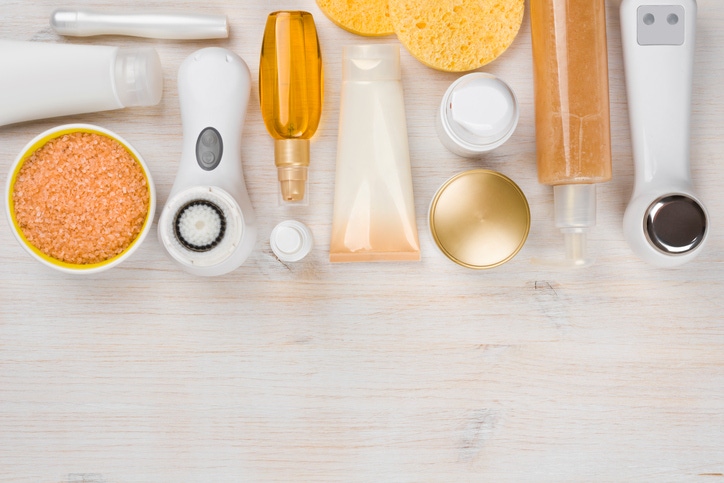This month, NFM's secret shopper visited an integrative pharmacy in the West to test its staff's knowledge.
October 19, 2016

NFM: Is there a certification I should look for on gluten-free skin care products?
Store: There’s a seal called Certified Gluten-Free that you might want to look for on food labels, and I believe some skin care products carry it, too. But my understanding is that absorbing gluten through the skin doesn’t cause the same problems for gluten-sensitive people as eating gluten does.
NFM: How about for people with celiac disease?
Store: I’m fairly certain it is safe for them, too, although I’m not 100 percent sure. If you’re really concerned, ask your doctor or another knowledgeable health care provider before buying a product.
How did this retailer do?
Our expert educator: Tricia Thompson, MS, RD, founder of Gluten-Free Watchdog, an independent tester of consumer products labeled gluten free.

However, hand lotion could be considered one of those in-between cases. If someone uses a lot of it and doesn’t wash his or her hands before eating, then, theoretically, some lotion could be ingested. Products used in and around the mouth, like lipstick, are a bit more suspect.
If customers are still concerned, tell them to look for products labeled gluten free or that have been certified gluten free by one of the third-party organizations—just as this retailer did. Also share with them that the Food and Drug Administration’s gluten-free labeling rule doesn’t cover cosmetics.
You May Also Like


